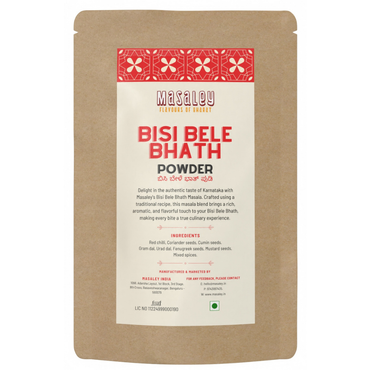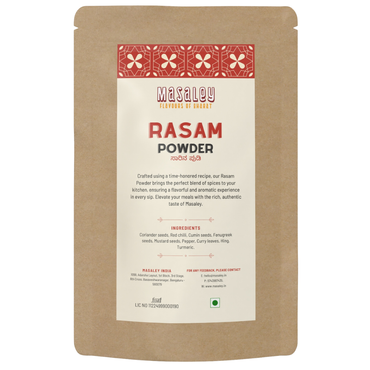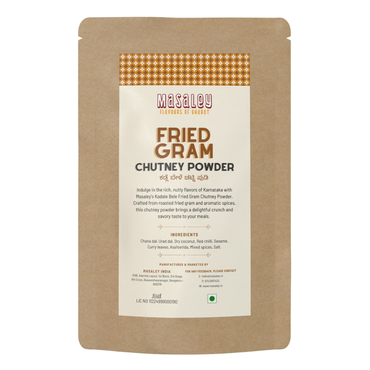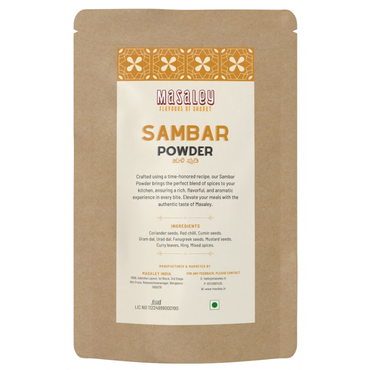India's rich culinary heritage is closely intertwined with the aromatic spices that infuse its dishes with distinctive flavours and aromas. From the warm embrace of turmeric to the fiery kick of red chilly, these spices have long been a cornerstone of Indian cuisine. However, there's a hidden villain lurking in the spice bazaars that threatens the purity and quality of these essential ingredients - adulteration.
The Spice of Life, or Something Else Entirely?
Adulteration involves adding inferior or harmful substances to authentic products, often with the aim of cutting costs or increasing profits. This practice not only compromises the taste and nutritional value of spices but also poses serious health risks to consumers. In India, where spices hold cultural and culinary significance, the adulteration of these essential ingredients is a matter of concern.
Unmasking Adulterants in Indian Spices:
-
Turmeric Tarnished: Turmeric, known for its vibrant color and potent health benefits, is often adulterated with substances like starch and lead-based compounds. The addition of these adulterants dilutes the potency of turmeric and poses risks to human health. [Source: The Wire - "Adulterated Turmeric: How to Spot and Avoid It"]
-
Chili Conundrum: Red chili powder, the fiery essence of countless Indian dishes, is frequently tainted with brick powder, artificial colorants, and even industrial dyes. Consumption of such adulterated spices can lead to digestive issues and long-term health concerns. [Source: NDTV Food - "How to Identify and Avoid Adulterated Red Chili Powder"]
-
Counterfeit Cumin: Cumin, celebrated for its earthy flavor, is not immune to adulteration. Sand, sawdust, and other low-cost fillers are often mixed with cumin seeds, diminishing their taste and nutritional value. [Source: The Economic Times - "Adulterated Spices: The Taste of Death in Every Indian Meal"]
Fighting Adulteration:
-
Education is Key: Familiarize yourself with the appearance, aroma, and texture of authentic spices. This can help you spot adulterated products more easily.
-
Source Wisely: Buy spices from reputable sources, such as certified organic stores or local markets with a history of selling genuine products.
-
Perform Simple Tests: Perform simple at-home tests, such as the starch test for turmeric, to determine the authenticity of spices.
-
Read Labels: Carefully read labels and ingredient lists on packaged spices. Look for certifications or seals that indicate quality and authenticity.
-
Opt for Whole Spices: Whole spices are less likely to be adulterated compared to powdered ones. Grind them at home to ensure their freshness.
The Pursuit of Purity:
Adulteration of Indian spices is a concerning issue that affects not only the taste and quality of our food but also our health. By being vigilant consumers, supporting reliable sources, and advocating for stricter quality standards, we can collectively work towards preserving the authenticity and purity of the spices that define our culinary heritage.
Remember, the true essence of Indian cuisine lies in the unadulterated flavours of its spices - flavours that have the power to transform a mere meal into a delightful culinary journey.





